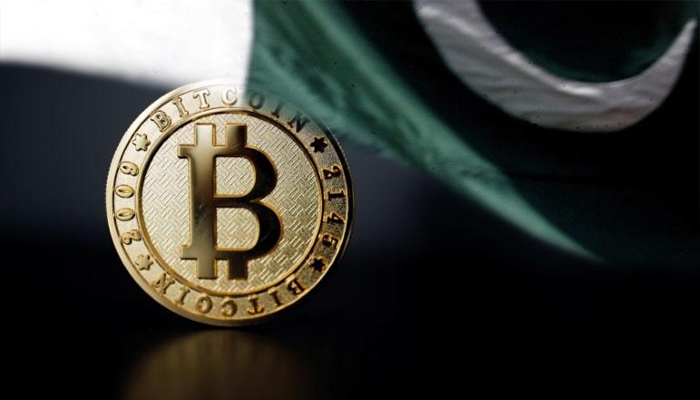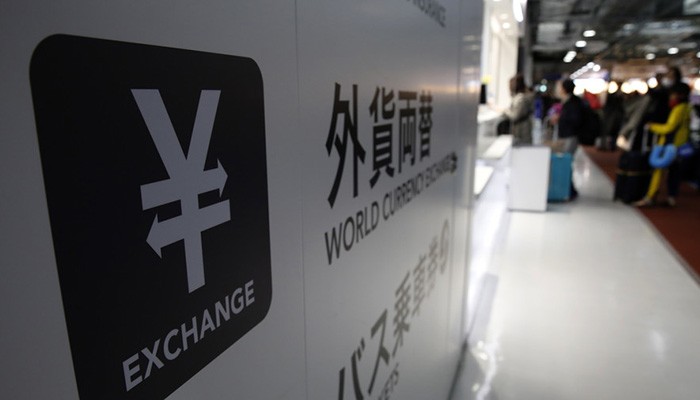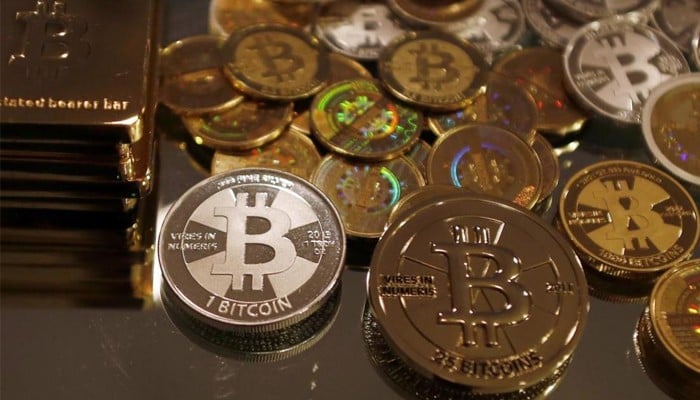SBP issues warning against cryptocurrency transactions
'Virtual Currencies/Coins/Tokens provide high degree of anonymity and potentially can be used for facilitating illegal activities,' the SBP warned
April 07, 2018

KARACHI: Pakistan's central bank on Friday advised people against the usage of cryptocurrency in any kind of transactions in the country, saying the new medium of exchange was neither "recognized as a Legal Tender" nor was "authorized or licensed" to anyone.
In its Friday circular — titled "Caution regarding risks of virtual currencies", the State Bank of Pakistan (SBP) rationalised: "Virtual Currencies/Coins/Tokens provide high degree of anonymity and potentially can be used for facilitating illegal activities.
"Also due to the ambiguous nature of Virtual Currencies, no legal protection or recourse is available to any individual," the notification added.
The top financial authority's External Relations Department said it prudent to stay away from digital currency deals or investments since its significant price fluctuation, hacking and cybersecurity issues, and closure, "including action by law enforcement agencies", could lead to preventable losses.
The circular — the third one issued this year by the SBP's Banking Policy & Regulations Department (BPRD) — added that no financial institution or investment house is to let its clients engage in virtual currency-related transactions.
"Fraudsters are also offering pyramid style investment schemes and coins and promising high returns (similar to Ponzi schemes) to the general public in Pakistan.
"This can cause significant loss to the General Public," it added.
It is noteworthy that foreign remittances, even from countries that have permitted cryptocurrency trade, would not be processed either, since no person or company is legally allowed to accept or send payments via any kind of digital currencies.
Frenzied Bitcoin demand sent prices of the digital currency skyrocketing close to $20,000 late last year but 2018 slashed them drastically, leading to disgruntled users faced with unexpected losses.
However, traders in Asian markets continue making profits despite the fact that arbitrage on the exchanges in South Asia is narrowing.
It is in this regard that many financial authorities in major countries have raised concerns — and consequently issued caution — about cryptocurrencies, the new system of money, even going as far as arguing about their categorisation (a US judge earlier ruled they are commodities).















